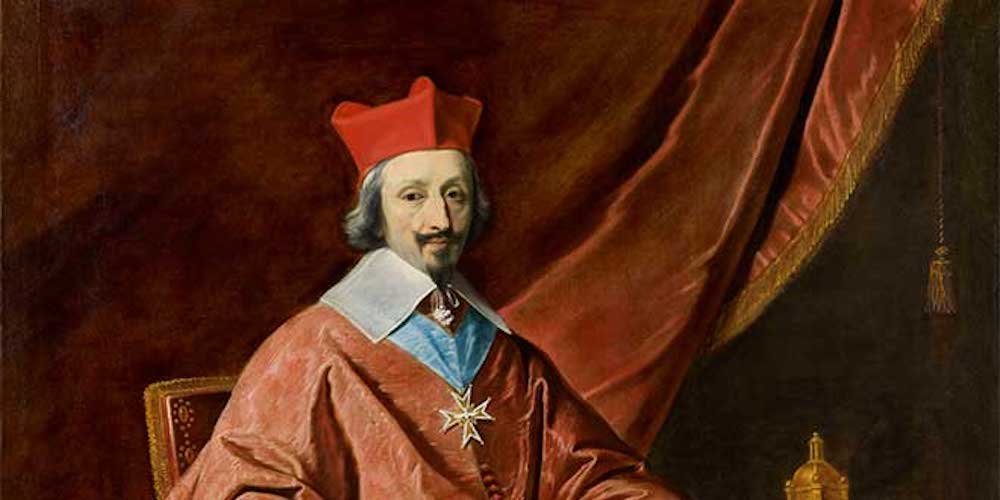One of the chief difficulties about the conversation between the Augustinian Liberal Christian Right and the Reactionary Christian Right to this point has been a lack of clarity about the actual political principles and norms that reactionary conservative evangelicals affirm.
Login to read more
Sign in or create a free account to access Subscriber-only content.
Topics:
